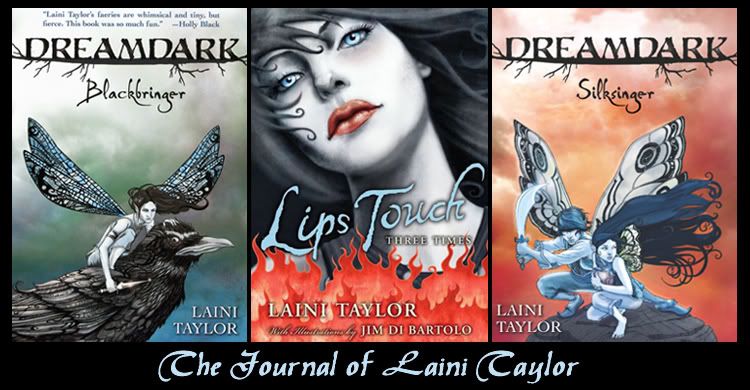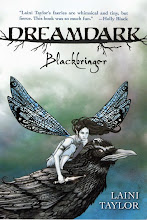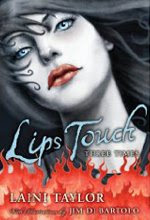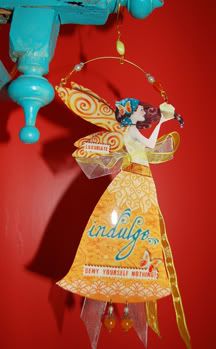The Guardian posted Part II of their writers' advice lists, and like the first part, there's some great stuff and some ridiculous stuff. Colm Toibin, for example, will allow you to watch Bergman film on Saturdays, but not to go to London, or anywhere else. Whu??? Will Self counsels that if you're writing a contemporary setting, "there need to be long passages where nothing happens save for TV watching." Ha ha! Joyce Carol Oates tells us to "expect the worst."
I'm especially fond of Philip Pullman's single curmudgeonly response: "My main rule is to say no to things like this, which tempt me away from my proper work." Ouch!
(What is Philip Pullman working on these days, I wonder.)
I like Sarah Waters' #4:
"Writing fiction is not "self- expression" or "therapy". Novels are for readers, and writing them means the crafty, patient, selfless construction of effects. I think of my novels as being something like fairground rides: my job is to strap the reader into their car at the start of chapter one, then trundle and whizz them through scenes and surprises, on a carefully planned route, and at a finely engineered pace."
Nice. Ah, writing advice. My advice to myself is to get back to it, right away. As soon as Clementine awakens from her morning nap, I'm on duty. Cheers! oop, there she is now ...
Sunday, February 28, 2010
Subscribe to:
Post Comments (Atom)









7 comments:
These are great. :)
But your advice, "get back to it," is probably the most critical one...so I'll go take it...
Mrs. Taylor--did you really like Sarah Waters' comment? I couldn't tell from your post if you were being sarcastic or not.
yes, anon, I did really like it! No sarcasm!
Ok, so someone asked me what "self-indulgent writing" was the other day. Now I can send them Sarah Waters' comment as describing the attitude that would, one hopes, produce the opposite of self-indulgent writing.
Thanks for your reply, Mrs. T. I do love your blog, b.t.w. Not trying to argue w/anyone here, but isn't all writing a form of self-expression (not even going near the therapy part)? If all novels were constructed the way Ms. Waters describes, they may as well be written by computers, or automatons, with no human emotion whatsoever. In my opinion (and for whatever it's worth), books can be written as much for the author as for the reader.
Funny you mention Sarah Waters - I went and saw her (along with Audrey Niffenegger and Marcus Zusak)today talk about writing at a Writers Week festival - she had some great advice about plotting, mystery and keeping a little ambiguity in your writing. Very inspirational!
Fantastic post! I adore Sarah Waters; her careful planning and engineering are obvious--so obvious--in Fingersmith, Night Watch, Affinity . . . (Can we just have a gush-moment? Other fans?) Reading Night Watch pushed me out of my therapeutic memoir-writing and threw me into the dark, twisty challenge of fiction.
Speaking of being on duty, Laini, I'd love to learn how you write with a wee one. My daughter is 11 months, and I have such trouble carving out chunks of time to write. How do you do it?
Post a Comment